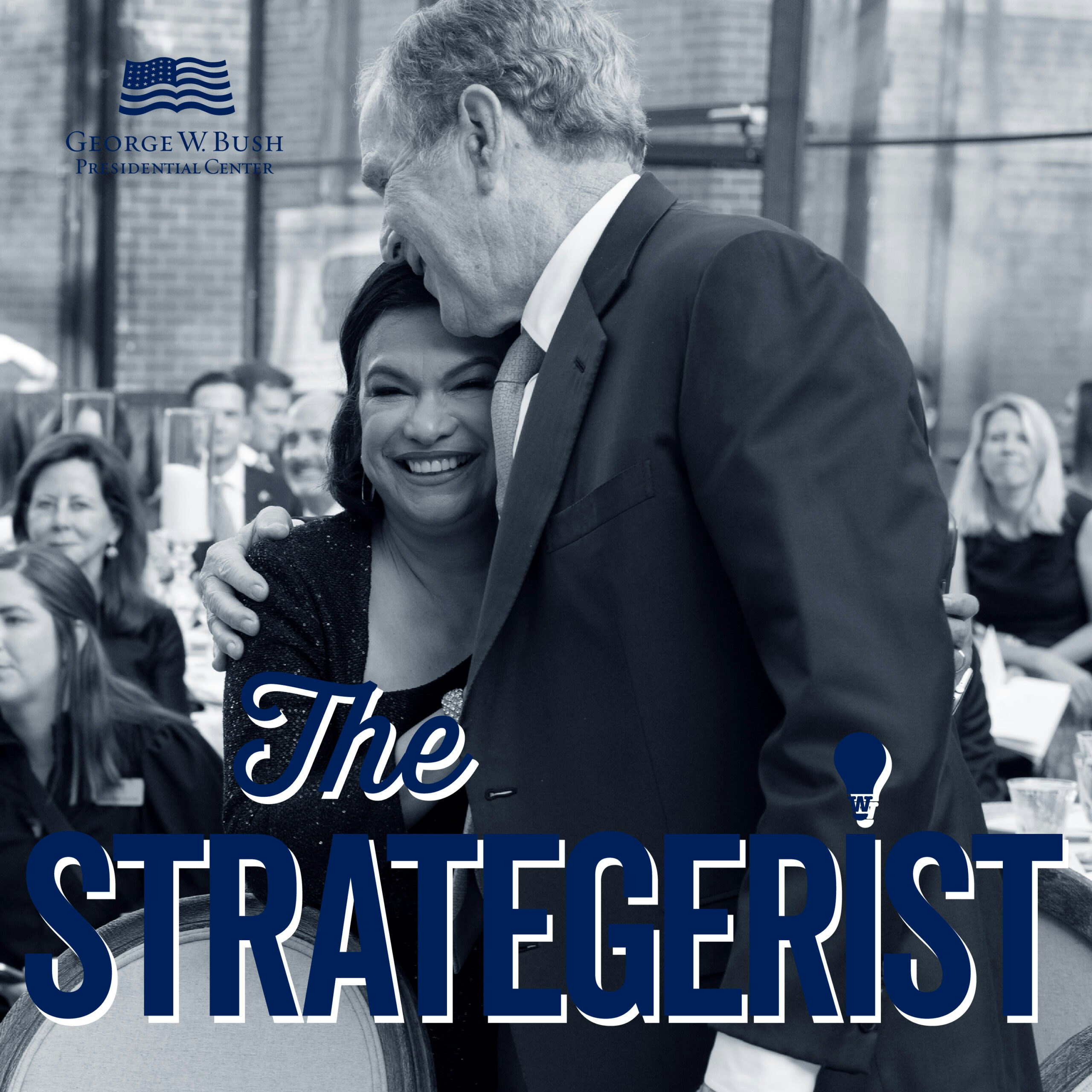Reform should make it easier for skilled workers to come and remain in the U.S.
Today marks the first day of FY 2018 H-1B cap season. This is the first day that firms seeking to hire H-1B temporary workers may submit applications to the U.S. Citizenship and Immigration Services (USCIS) under the cap set by law. And this cap season, like the last four cap seasons, is likely to last less than a week.
The H-1B visa allows high-skilled foreign born workers to legally work in the U.S. on a temporary basis. These visas are valuable to employers and positive for the economy. But demand far outstrips supply, which the Congress has limited to 65,000 visas per year. An additional 20,000 visas are exempt from the cap, set aside for foreign workers who earned advanced degrees at U.S. universities.
The number of applications has reached the cap in every year since FY 2003, when the cap was significantly higher at 195,000. While some years it takes several weeks to reach the cap, in fiscal years 2008, 2009, 2014, 2015, 2016, and 2017 the cap was reached in less than a week, with applications exceeding the number of visas. This arbitrarily low cap ensures that there will be some employers who are not able to find workers with the right skills to fill their open positions, hobbling the productivity and innovation that bring economic growth.
Visas like the H-1B are great for short term labor needs, but they are not the solution to persistent worker shortages. The U.S. does not have enough highly skilled workers to meet the needs of its employers, a problem that is projected to grow. By 2020, we will need an additional 7.5 million private sector workers across all skill levels. Temporary foreign workers, like H-1B visa holders, can fill these gaps immediately. But the H-1B is only valid for three years, and it can only be renewed once. Once the six years are completed, the visa holder must return to her country of origin and the employer must hire and train a new employee.
More permanent solutions are needed. We must strengthen our domestic education pipeline to produce more highly skilled workers. We should consider bringing in more skilled immigrants. But employers who have immediate needs rely on visas like the H-1B. The low cap artificially tightens the market and squeezes out employers who desperately need skilled labor. A higher cap would meet our current labor force needs better.




























